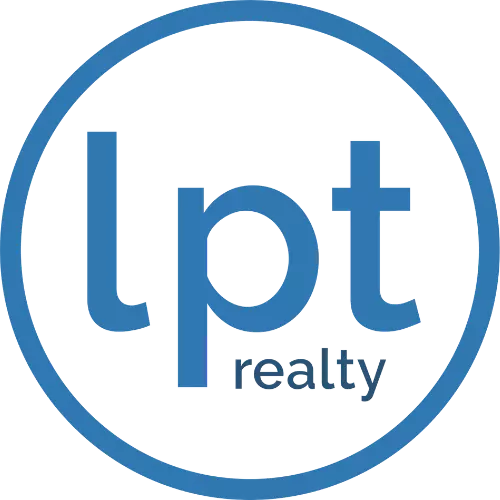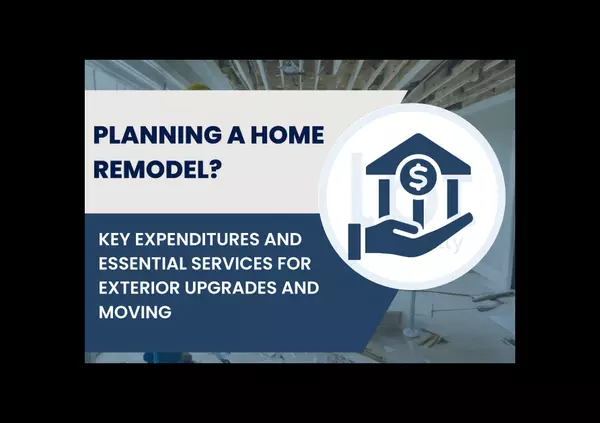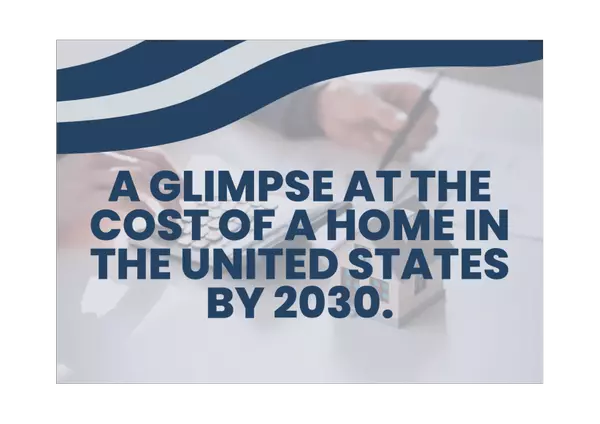An Explanation on Common Mortgage Options & Uses

Navigating the world of real estate can be a daunting task, especially for first-time buyers and investors. One of the most crucial aspects to understand is the variety of mortgage options available and their specific uses. Whether you're purchasing your first home, investing in property, or looking for a loan with minimal down payment requirements, there's likely a mortgage type that fits your needs. Here's a comprehensive look at some common mortgage options.
Conventional Mortgages
Conventional mortgages are perhaps the most well-known type of home loan. These are not insured by any government agency and typically require a higher credit score and a larger down payment compared to other types of loans. Conventional loans come in two main forms: conforming and non-conforming. Conforming loans adhere to the guidelines set by Fannie Mae and Freddie Mac, while non-conforming loans do not. These loans are ideal for buyers who have strong credit histories and can afford to make a substantial down payment.
FHA Loans
Federal Housing Administration (FHA) loans are designed to help first-time homebuyers or those with less-than-perfect credit scores. These loans are insured by the FHA, which allows lenders to offer more favorable terms such as lower down payments (as low as 3.5%) and more lenient credit requirements. FHA loans are an excellent option for buyers who may not qualify for conventional loans but still want to achieve their dream of homeownership.
Zero Down Payment Mortgages
Zero down payment mortgages are exactly what they sound like—loans that require no initial down payment from the buyer. These types of mortgages can be particularly appealing to first-time homebuyers who may not have significant savings but have stable income and good credit scores. However, it's important to note that these loans often come with higher interest rates and additional fees, so it's crucial to weigh the long-term costs before opting for this type of mortgage.
USDA Loans
The United States Department of Agriculture (USDA) offers loans specifically for rural and suburban homebuyers who meet certain income requirements. USDA loans provide zero down payment options, making them incredibly attractive for eligible buyers. These loans also come with lower interest rates compared to conventional mortgages. If you're considering buying a property in a rural area, a USDA loan might be the perfect fit for you.
No Documentation (No Doc) Loans
No documentation or "no doc" loans require little to no income verification from the borrower. These types of mortgages were more common before the 2008 financial crisis but have become rare due to stricter lending regulations. No doc loans are typically aimed at self-employed individuals or those with irregular income streams who may find it challenging to provide traditional proof of income. While convenient, these loans often come with higher interest rates and larger down payment requirements.
Conclusion
Understanding the different types of mortgage options available is essential for making informed decisions whether you're buying your first home or investing in real estate. Conventional mortgages offer stability for those with strong financial backgrounds; FHA loans provide opportunities for those with lower credit scores; zero down payment mortgages make homeownership accessible without large upfront costs; USDA loans support rural living; and no doc loans cater to individuals with unconventional income sources.
Before choosing a mortgage, it's crucial to assess your financial situation, long-term goals, and eligibility criteria associated with each loan type. Consulting with a mortgage advisor can also provide personalized insights tailored to your unique circumstances. By doing so, you'll be better equipped to select the mortgage option that best suits your needs and helps you achieve your real estate aspirations.
If you would like a one on one consultation on financing your next purchase, please reach out to me at marlon.smith@smwc.com or at 407-744-1555.
Categories
Recent Posts











"Molly's job is to find and attract mastery-based agents to the office, protect the culture, and make sure everyone is happy! "
GET MORE INFORMATION
